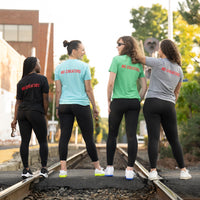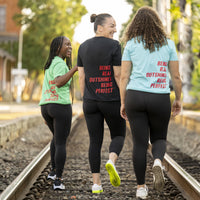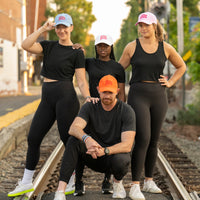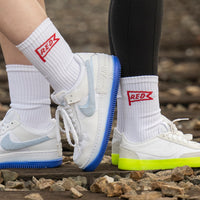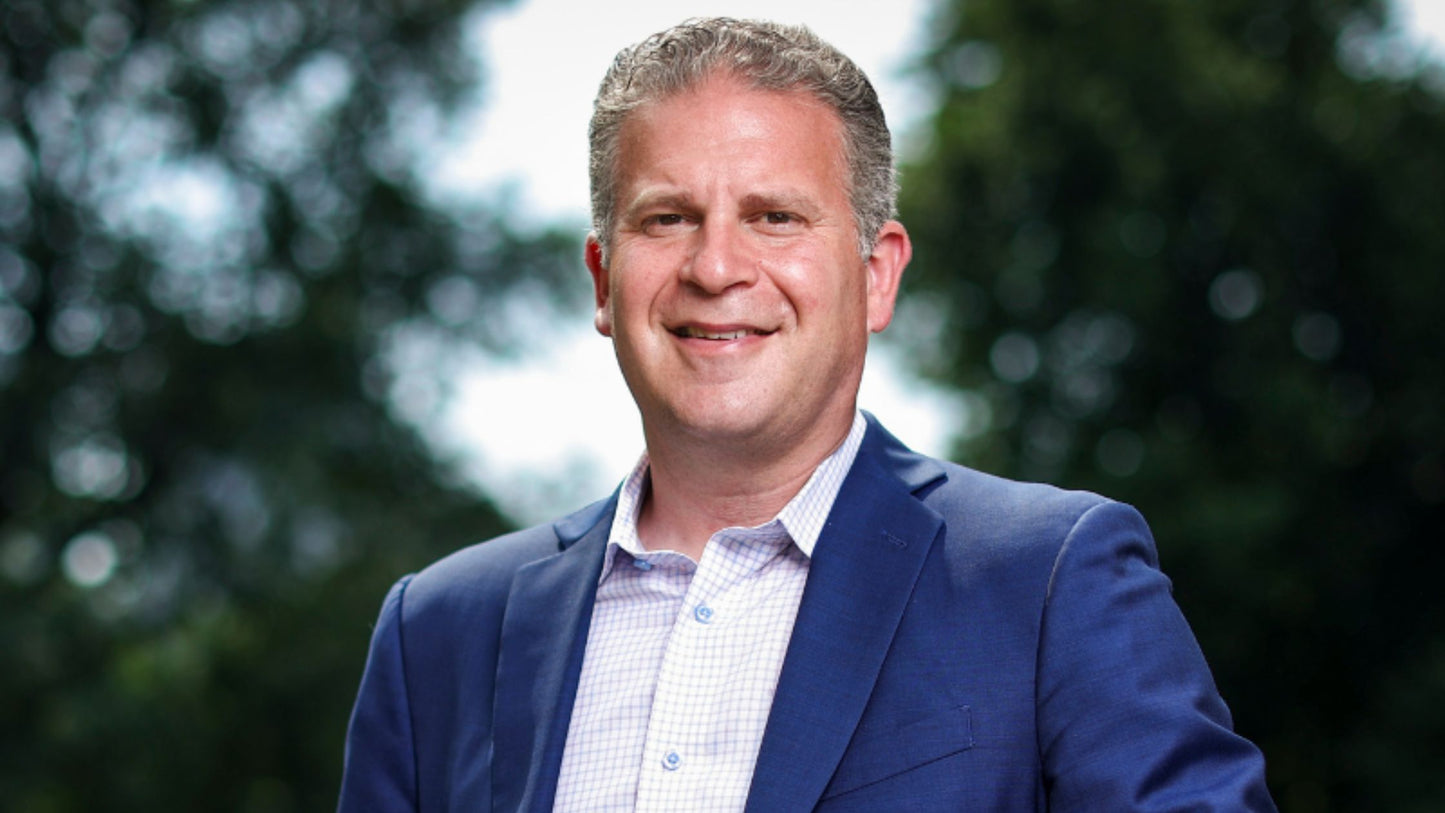
Two years ago, my life changed forever. I had a major heart attack. I was home alone and, with seconds to spare, managed to dial 911. I learned later that if I hadn’t unlocked the door, I wouldn’t have survived. I had less than five minutes to live.
Returning home from the hospital, the focus was naturally on my physical recovery. But as I grew stronger, a deeper truth settled in:
I was alive.
I had narrowly escaped death at just 42 years old. I could have lost the chance to watch my children grow, to be there for my family, and to live the life I had always envisioned. But I’m still here.
That realization filled me with immense gratitude and a fierce determination to make the most of this "overtime" I’ve been granted. In conversations with others, I realized that many people—whether they've faced a life-threatening event or not—are seeking to make the most of their time here.
With that in mind, here are five lessons I’ve learned from my heart attack that I strive to live by every day, however imperfectly.
1. MENTAL HEALTH IS JUST AS A IMPORTANT AS IMPORTANT AS PHYSICAL HEALTH
When we talk about health, the focus is often on eating right, exercising, and avoiding illness. And while these things are critical, I’ve come to realize that mental health is just as vital. In fact, it’s often the key to maintaining overall health. Poor mental health can manifest physically, while strong mental health helps us thrive.
For me, this meant creating space for reflection and self-care. I began meditating, journaling, and prioritizing time with the people and activities that truly matter. Finding balance was crucial—and it’s a practice I continue to cultivate.
2. CHALLENGE THE STRESS STATUS QUO
Before my heart attack, I used to say, "I thrive under pressure." I wore my stress like a badge of honor, believing that pushing myself harder would lead to success. Now I know better: chronic stress is a killer. While short-term stress can help in small doses, prolonged stress is damaging.
Addressing stress head-on became a priority. Therapy played a key role in this—helping me recognize patterns, confront my red flags, and learn to make healthier choices, like avoiding red-eye flights after long work trips. Managing stress, I’ve learned, is not about ignoring it but about taking action to alleviate it.
3. DON'T GO IT ALONE
Of everything I’m grateful for, the people in my life top the list. Relationships have always been important to me, but the heart attack solidified their significance in my recovery. One of the first things I did was reach out to friends who had gone through their own health battles. Their support and wisdom helped me make sense of my experience. Therapy also became a cornerstone of my healing, allowing me to process the trauma and gain tools for ongoing growth.
The lesson here is clear: we are not meant to navigate life’s challenges alone. Connection is vital—to family, friends, therapists, or mentors. The vulnerability that comes with seeking help is far outweighed by the strength and insight we gain from others.
4. PRACTICE GRATITUDE DAILY
Surviving a heart attack shook me to my core and woke me up to everything I had to be thankful for. But gratitude can fade as time goes on, and we can slip back into old routines. To avoid this, I made gratitude part of my daily practice. Every morning when I wake up, and every night before bed, I take a moment to reflect on what I’m thankful for—whether it’s something small, like a good cup of coffee, or something bigger, like the chance to hug my kids.
This simple practice has helped me stay grounded and focused on the positive aspects of life, no matter what challenges arise.
5. FOCUS ON WHAT TRULY MATTERS
Post-heart attack, I had time to reflect on my priorities. I asked myself: What is most important to me? And am I spending my time on those things? The answers were clear: relationships and meaningful work. I prioritize time with my family and closest friends, no matter how busy life gets. Professionally, I wanted my work to align with my core values—education, sports, and mental health.
This clarity led me to join Classroom Champions as CEO. I was drawn to the organization's mission to help young people build life skills and a sense of belonging. Classroom Champions doesn’t just encourage students to dream big—it equips them with the tools they need to succeed in both life and school. I'm grateful every day to be part of this transformative work.
As I reflect on the past two years, I’m THANKFUL to be alive and even more thankful for the lessons this experience has taught me. My hope is that these lessons will inspire you to take stock of your own life—without needing a crisis to prompt it. Focus on your mental health, embrace your support system, practice gratitude, and spend your time on what matters most. We don’t get to choose when life throws us a curveball. But we do get to choose how we respond.
Wishing you and your loved ones a season filled with gratitude, health, and meaningful connections.
Seth Rosenzweig
Chief Executive Officer, Classroom Champions


